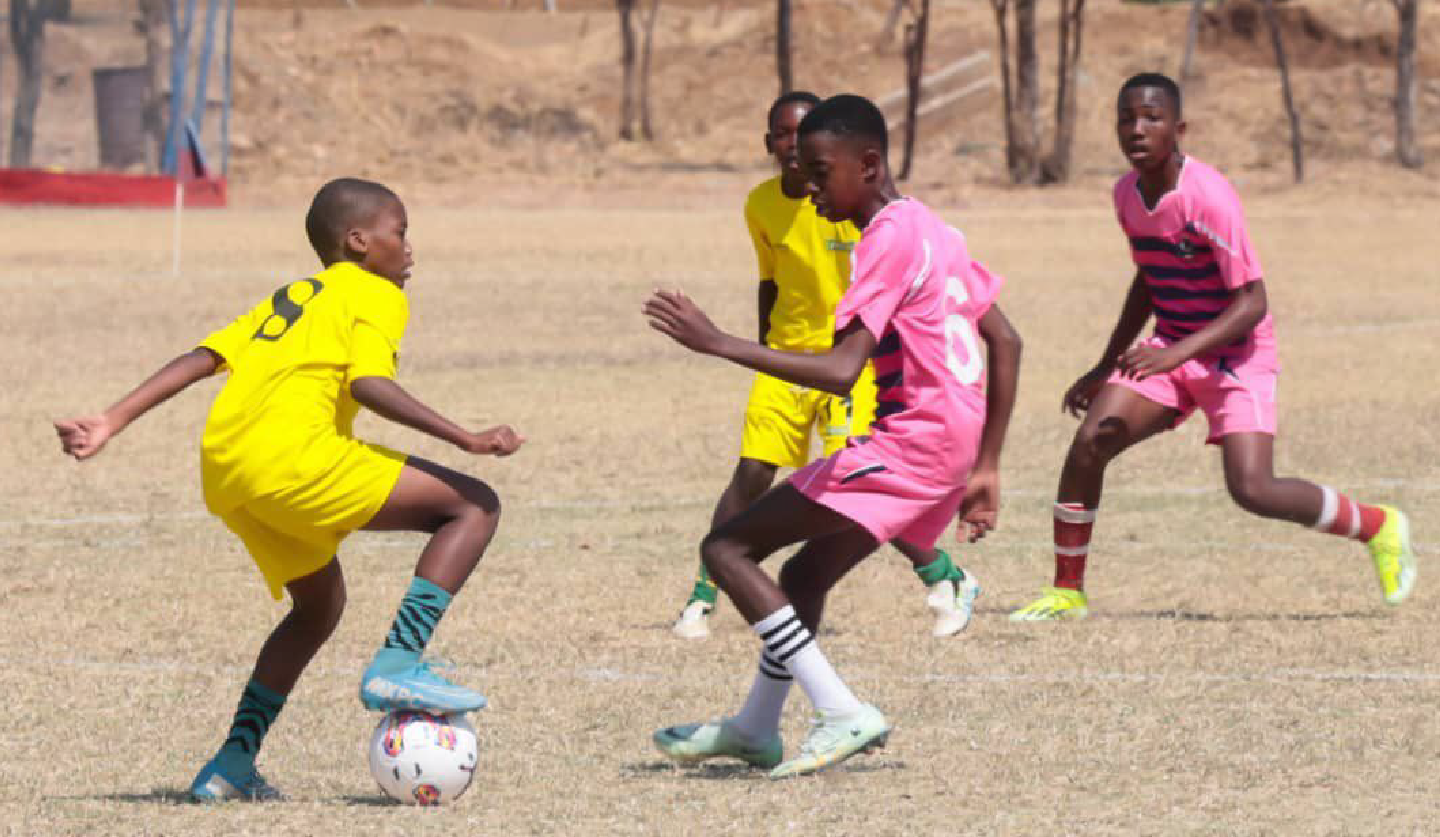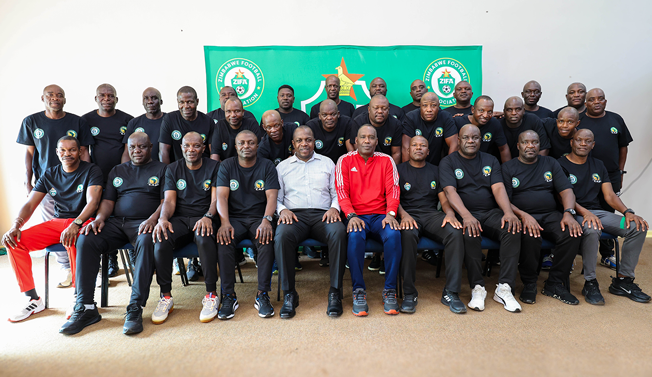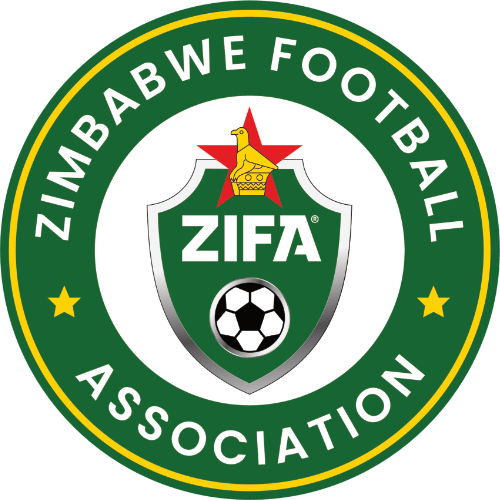
A Historic Alliance for Football and Education
This first article unpacks how the ZIFA–Ministry of Primary Secondary Education partnership redefines national education by placing football at its moral and developmental core.
In the story of every nation, there comes a moment when vision meets structure, when ideals are captured in ink and signed into obligation. That moment arrived when the Government of Zimbabwe, acting through the Ministry of Primary and Secondary Education (MoPSE), and the Zimbabwe Football Association (ZIFA) entered into a five (5) year binding Memorandum of Understanding (MOU). This pact transforms the teaching of sport into a national philosophy.
As stated in Article 1 of the MOU, both parties commit to “promoting the development of football in schools across Zimbabwe through integrating structured football programs into the national education system.” It is an acknowledgment that the classroom and the football field are not competing arenas, but complementary theatres of national growth.
Under Article 2 of the MOU, implementation stretches “across all provinces and districts of the Republic of Zimbabwe.” This single sentence guarantees reach. Every rural pupil in Binga, every urban learner in Mbare, every child in between now falls under a unified developmental net.
Football will no longer be seasonal or selective. Calendars will align with the school year, competitions will be structured, and pupils will progress through documented age groups, Under-13, Under-15, Under-17 (boys and girls), forming the spine of the ten provincial junior teams to compete in national leagues due for launch before the year ends, and to be played between February and September.
Article 2.2.3 instructs both parties to develop “capacity-building initiatives for educators and administrators.” Teachers, once volunteers in dusty boots, will now become trained professionals in coaching and refereeing. ZIFA will provide certification, MoPSE will provide access. Together, they will create a new class of teacher-coaches whose influence extends beyond sport into discipline, teamwork, and life skills. Every qualified teacher-coach becomes a multiplier of reform. In their classrooms, football becomes a metaphor for cooperation, in their communities, a beacon of youth empowerment.
Reform demands systems. Through Article 2.2.5, the MOU mandates that “all football players at the school level shall be registered in the FIFA Connect database.” For the first time, each Zimbabwean learner-footballer receives a verifiable identity, age, school, and progression tracked on a global platform. This digitization eliminates age fraud, simplifies scouting, and embeds transparency. It means a young girl from Lupane or a boy from Marondera enters the same digital record-book as any emerging talent in Zurich, London, Madrid, Madeira, or Tokyo.
The heart of this reform is protection. Article 2.2.7 compels the “promotion of pupil-safeguarding principles and child-protection awareness across all football activities.” Every match official, coach, and administrator will undergo safeguarding induction, where every school will appoint a safeguarding focal point. In a country where parents once worried about safety and fairness, this clause becomes a promise that football will be safe, accountable, and inclusive, especially for the girl child.
Responsibility is shared deliberately. Under Article 4, the Ministry of Primary and Secondary Education must “facilitate access to school infrastructure” and “endorse safeguarding policies.” Under Article 5, ZIFA must “provide technical leadership, league formats, and integration with FIFA development systems.” Together, they create a dual-engine of progress. MoPSE ensures reach and legitimacy, whilst ZIFA ensures quality and continuity. Neither can succeed without the other.
Article 3 of the MOU calls for “joint mobilization of financial, technical, and human resources.” That phrase is more than bureaucratic language. It is an invitation to business, local authorities, and development partners to invest in the nation’s youth. Oversight will come through the Joint Implementation Committee, established under Article 7, which meets quarterly to evaluate progress and issue recommendations. It turns aspiration into measurable governance.
Beyond logistics, this agreement signals a moral restoration. It re-centers sport as a vessel for discipline, equality, and pride. It rekindles the memory of the schoolboy heroes who once defined Zimbabwean football and assures parents that a new generation will rise under better structures. By embedding football within the education system, Zimbabwe tells the world that national reform begins not in boardrooms but in playgrounds.
This alliance is the cornerstone of a dream that began with the belief that a ball at a child’s feet can shape the destiny of a nation. From this foundation will grow the provincial junior leagues of 2026, and from those leagues will emerge citizens forged in teamwork, discipline, and national pride.
“Football is our nation’s classroom.” — President Nqobile Magwizi
More News

Sharpening the Touchline before Kick-off
Mon 9 Feb 2026
As Zimbabwe’s topflight clubs put the finishing touches to their preparations ahead of the new season, a quieter but equally significant process is unfolding at ZIFA Village. This week, the CAF A Coaches Refresher Course is underway, bringing together some of the country’s most experienced coaches at a moment when clarity of ideas, sharp thinking […]

